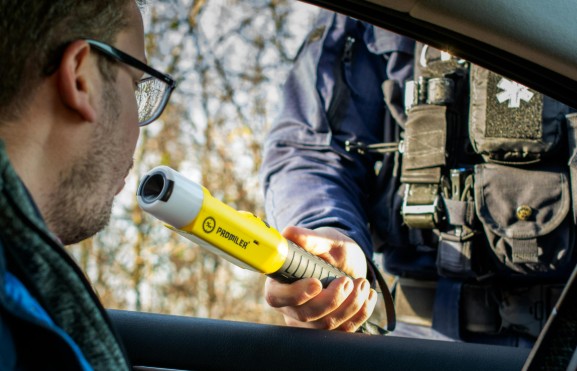A conviction for driving under the influence (DUI) carries immediate legal penalties, including fines and potential license suspension. However, the consequences extend far beyond the courtroom. A DUI has a significant and lasting effect on your driving record and auto insurance, creating financial and logistical challenges for years to come. Understanding these long-term impacts is crucial for anyone facing such a charge.
The Immediate Effect on Your Driving Record
When you are convicted of a DUI, the offense is recorded on your official driving record, which is maintained by your state’s Department of Motor Vehicles (DMV) or equivalent agency. This is not just a minor mark; it is a serious violation that signals high-risk behavior to law enforcement and insurance companies.
How Long Does a DUI Stay on Your Record?

The duration a DUI remains on your driving record varies significantly by state. In some places, it might stay on your public record for five to ten years, while in others, it could be permanent. This record is accessible to insurance providers, potential employers (especially for jobs requiring driving), and law enforcement. A DUI conviction makes it difficult to maintain a clean record, and it can lead to more severe penalties for any future traffic violations.
Soaring Insurance Premiums
After a DUI, one of the most immediate financial shocks comes from your auto insurance provider. Insurers base their rates on risk, and a DUI conviction immediately classifies you as a high-risk driver.
The SR-22 Requirement
Most states require drivers with a DUI conviction to file an SR-22 form, which is also known as a Certificate of Financial Responsibility. This is not an insurance policy itself but a document your insurer files with the state to prove you have at least the minimum required liability coverage.
The need for an SR-22 automatically alerts your insurance company to your conviction. Many standard insurance companies may even cancel your policy upon learning of a DUI, forcing you to seek coverage from insurers specializing in high-risk drivers, who charge substantially higher rates. Even if your current provider continues your coverage, you should prepare for a dramatic increase in your premium.
How Much Will Your Rates Increase?
The exact increase depends on the insurer, your state, and your overall driving history, but it is always significant. It is not uncommon for insurance rates to double or even triple after a single DUI conviction. This financial burden can last for three to five years, or as long as the SR-22 is required. The compounded cost over these years can easily amount to thousands of dollars. Seeking guidance from a qualified professional, such as a DUI attorney in Cle Elum, Washington, can be an important step in navigating the complex legal and administrative requirements that follow a charge.
Long-Term Challenges and Recovery

The road to restoring your driving record and lowering your insurance rates after a DUI is long. It requires consistent, safe driving and adherence to all legal requirements.
Rebuilding Your Driving History
Over time, the impact of a DUI will lessen if you avoid any further traffic violations. Maintaining a clean driving record in the years following your conviction is the most effective way to demonstrate that you are a responsible driver. Eventually, you may qualify for standard insurance rates again, and the SR-22 requirement will be lifted.
Also Read: What’s a Vehicle Inspection Form?
Seeking New Insurance Options
As time passes, it is wise to shop around for new insurance quotes. After three to five years of safe driving post-DUI, you may find that other insurance companies are willing to offer you more competitive rates. Some insurers have more lenient policies regarding past convictions than others, and comparing options can lead to considerable savings. By understanding the process and taking proactive steps, you can gradually mitigate the long-term financial consequences of a DUI.







